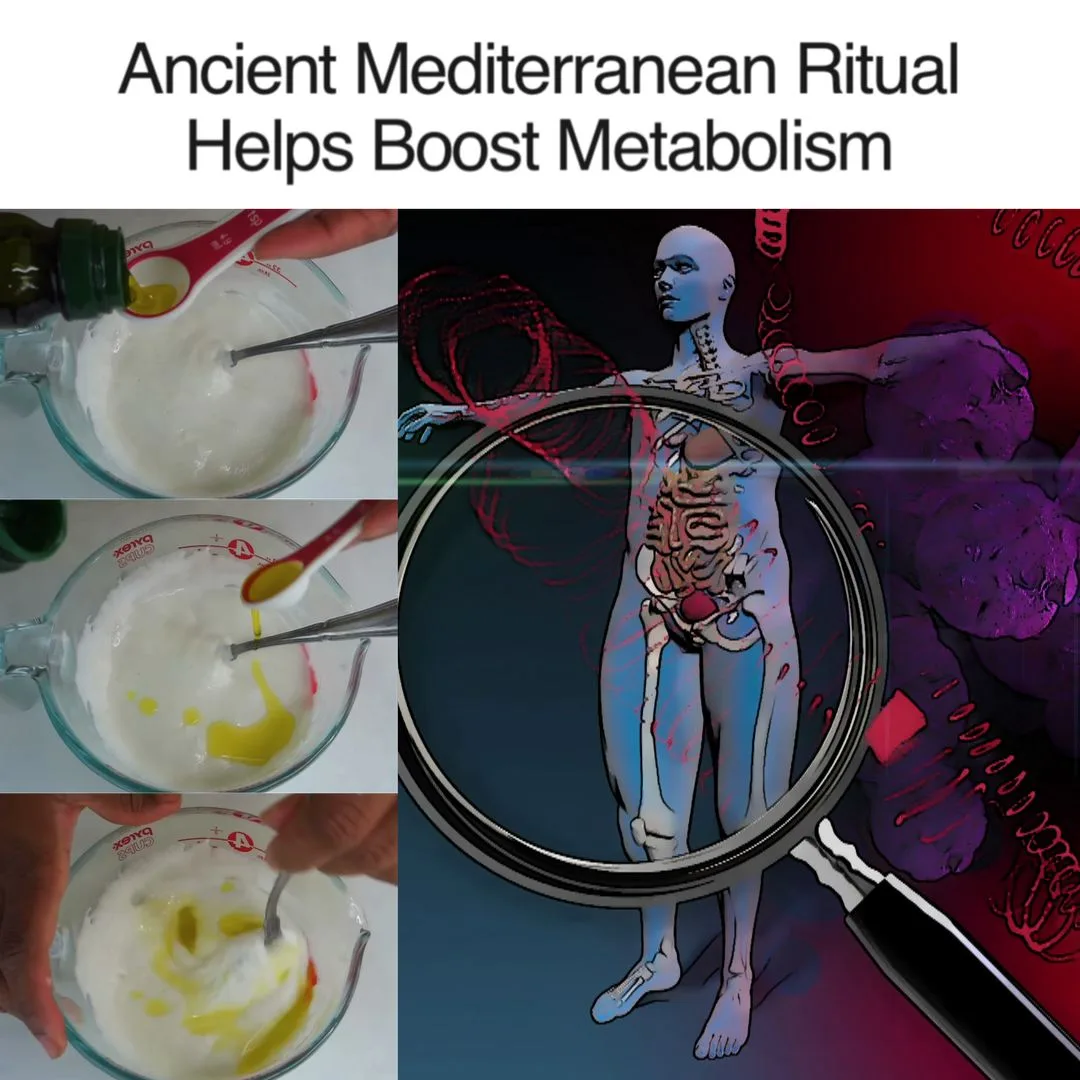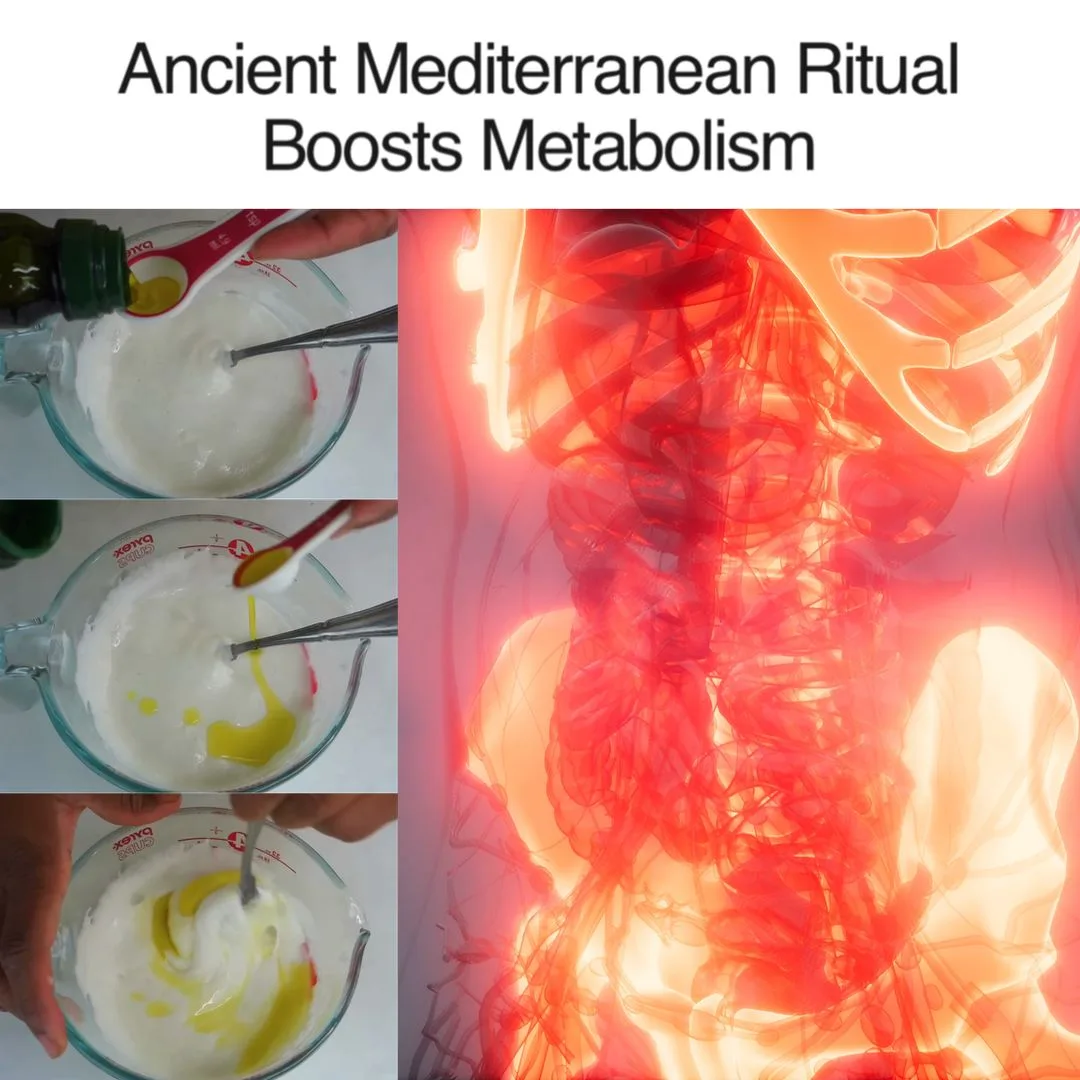You’ve probably heard about the myriad of herbs touted for their weight loss properties, but how many of them are backed by science? The article, “Are There Any Scientific Studies Supporting The Efficacy Of These herbs for weight loss?” explores the scientific research behind these claims. You’ll find the evidence or lack thereof examined for various herbs that are popularly linked to weight loss. From the ayurvedic Guggul to the ubiquitous green tea, the article sifts through scientific studies to determine the value of these natural supplements in your weight loss journey. It’s all about helping you discern fact from fiction, science from myth when it comes to using herbs for weight loss.
Understanding the Research on Herbs and Weight Loss
When you think of weight loss, you probably instantly visualize strenuous workouts and restrictive diets. However, an increasing amount of research is bringing herbs into the spotlight as potential aids for weight loss.
Overview of existing literature
Research on herbs and weight loss is extensive yet reasonably inconclusive. There are countless studies on various herbs and their potential weight loss properties, with some showing promising results and others contradicting these findings. Regardless, the field continues to evolve, and we’re learning more each day.
Basis of herb-induced weight loss
Herbs promote weight loss based on several mechanisms. Some herbs may reduce appetite, increase calorie expenditure through thermogenesis, or inhibit fat absorption. Additionally, a few herbs might even alter gut microbiota to favor weight loss.
Limitations of existing research
While these studies are intriguing, they are not without their limitations. Many rely on animal models or test tube experiments, which makes it challenging to translate these effects to humans. Furthermore, several studies use high concentrations of herbs that are unrealistic for daily consumption, and others are short-term, leaving long-term effects unexplored.
Green Tea Extract: A Popular Herbal Weight Loss Aid
Green tea extract, a concentrated form of green tea, is known for its weight loss properties.
The active compound: Epigallocatechin gallate (EGCG)
The primary compound in green tea associated with weight loss is Epigallocatechin gallate (EGCG), a type of catechin believed to enhance metabolism and increase fat burning.
Published research supporting green tea for weight loss
Several studies strongly support the use of green tea for weight loss. One review found a significant decrease in body weight, body mass index (BMI), and waist circumference in those who drank green tea.
Contradicting studies and concerns
Despite these findings, other studies have not found any notable weight loss effects. Additionally, the high caffeine content of green tea can lead to anxiety, insomnia, and other side effects in some individuals.

Garcinia Cambogia: The Weight Loss Fruit
Garcinia Cambogia, a small fruit native to Southeast Asia, is a popular weight loss supplement.
Main active ingredient: Hydroxycitric acid
The secret sauce is hydroxycitric acid, supposed to prevent fat storage, control appetite, and increase exercise endurance.
Research supporting Garcinia Cambogia’s weight loss claim
Some studies support these claims, with evidence of decreased weight and appetite in human subjects. A review found a small, statistically significant difference in weight loss favoring Garcinia Cambogia over a placebo.
Possible side effects and cautions
However, other research has contradicted these claims, and the supplement is potentially linked to serious side effects like liver damage.
Forskolin: Supplement from Coleus Plant
Derived from the Coleus plant, Forskolin is another popular weight loss supplement.
Mechanism of Forskolin in fat metabolism
Forskolin works by increasing levels of a molecule called cyclic AMP, which aids in fatburning.
Studies attesting to Forskolin’s weight loss effects
There is some research backing its weight loss effects. One study found that obese men taking forskolin lost more fat and had higher testosterone levels.
Contested findings and concerns with Forskolin
However, more research is needed as high-quality studies with larger sample sizes are rare. Also, some users have reported side effects like fast heart rate and hypotension.

Cayenne Pepper: Spicing Up Weight Loss
Cayenne pepper is known not only for its spice but also for its weight loss potential.
Cayenne pepper’s active compound: Capsaicin
The key ingredient is capsaicin, a compound believed to increase metabolism and reduce hunger.
Scientific evidence supporting weight loss
Research shows that capsaicin may indeed have fat burning potential. For example, one study found that capsaicin consumption increased energy expenditure and fat burning in both human and animal models.
The role of capsaicin in metabolism and thermogenesis
Capsaicin likely works by inducing thermogenesis – a process where the body burns calories to produce heat.
Caffeine: Common in Many Weight Loss Supplements
Caffeine is perhaps the most common ingredient in weight loss supplements, widely consumed around the world.
Understanding caffeine’s role in weight loss
Caffeine may promote weight loss by boosting metabolism, enhancing fat burning, and suppressing appetite.
Research studies validating caffeine’s weight loss claims
Many research studies have affirmed caffeine’s weight loss benefits. One review found that caffeine intake was associated with weight loss, lower body fat, and smaller waist circumference.
Potential drawbacks and precautions of caffeine intake
However, caffeine can lead to nervousness, insomnia, nausea, increased heart rate, and other potentially severe side effects. Tolerance can also develop, reducing its weight loss effect over time.
Ginseng: Ancient Herb with Potential Effects on Weight Loss
An important herb in traditional Chinese medicine, Ginseng, could potentially aid weight loss.
Overview of Ginseng’s health benefits
Beyond its proposed weight loss benefits, Ginseng is believed to boost energy levels, reduce stress, and improve physical performance.
Specific studies illustrating role in weight loss
Research suggests that Ginseng can help with weight control. For instance, one study found that Ginseng supplementation reduced body weight in animals on a high-fat diet.
Prospects for future research on Ginseng and weight loss
However, we need more human studies, and the exact mechanism of Ginseng’s role in weight management isn’t clear yet.
Conjugated Linoleic Acid (CLA): Found in Certain Herbs
CLA is a naturally occurring fatty acid found in several herbs, known for its alleged weight loss benefits.
Mechanism behind CLA’s proposed weight loss properties
CLA purportedly works by modulating fat metabolism and increasing fat burning.
Evaluation of research on CLA and weight loss
Research evaluating CLA’s impact on weight loss has yielded inconsistent results. Some studies show minor reductions in body fat, while others indicate no effect.
Concerns and contradictions about CLA for weight loss
There are also concerns about potential side effects, including inflammation, insulin resistance, and an increased risk of heart disease.
St. John’s Wort: Lesser Known Herb for Weight Loss
St. John’s wort may not be as well-known as others on this list, but some evidence suggests it may aid weight loss.
Potential process through which St. John’s Wort aids weight loss
St. John’s wort is believed to affect serotonin, a neurotransmitter that influences mood and appetite.
Clinical studies and their findings
Studies on St. John’s wort are scarce, but a few suggest that it might help with minor weight loss. However, most of these studies are small and short-term.
Caveats and recommended precautions
Despite these potential benefits, St. John’s wort is associated with several serious side effects, including serotonin syndrome, a potentially life-threatening condition.
The Future of Herbal Supplements for Weight Loss
Current trends in research
The research on herbs and weight loss is continuously evolving, with ongoing studies investigating new herbs and their weight loss properties.
Potential cutting-edge herbal treatments for weight loss
Several promising herbs are currently under investigation. These include bitter orange, yerba mate, hoodia, and guarana.
The importance of clinical trials in ascertaining effectiveness
More rigorous clinical trials are essential to confirm the effectiveness and safety of these herbs. Until then, a healthy diet and regular exercise remain the tried and true methods for weight loss.
When considering any new treatment for weight loss, including herbs, it’s important to consult with a healthcare provider. They can help manage potential risks and ensure you’re using the safest and most effective methods for your personal health targets.



